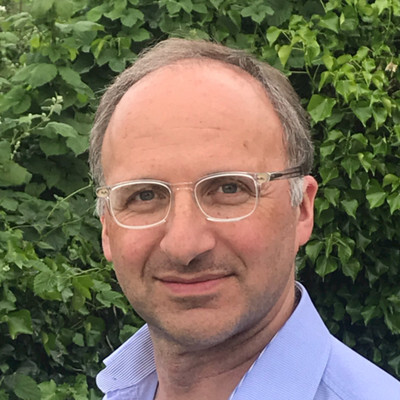Dr Peter Eirew is a Staff Scientist carrying out research in cancer evolution in Dr Sam Aparicio’s lab at BC Cancer. Dr Eirew has a varied academic and work background, with degrees in Physics (Cambridge University, UK), MSc Molecular Medicine (Imperial College London), Masters in Business Administration (Manchester Business School), and PhD research identifying stem cells in the human breast (University of British Columbia, supervisor Dr Connie Eaves). He is part of the multi-disciplinary BC Cancer Personalized OncoGenomics (POG) Program, using next generation sequencing and other omics to guide clinical decision making in cancer patients. He also spent 17 years in the financial sector, during which he co-headed a group trading bonds, currencies and derivatives. Outside work, Peter enjoys skiing with his family, tennis and playing piano.
Dr Eirew received the Governor General of Canada Gold Medal in 2012.
